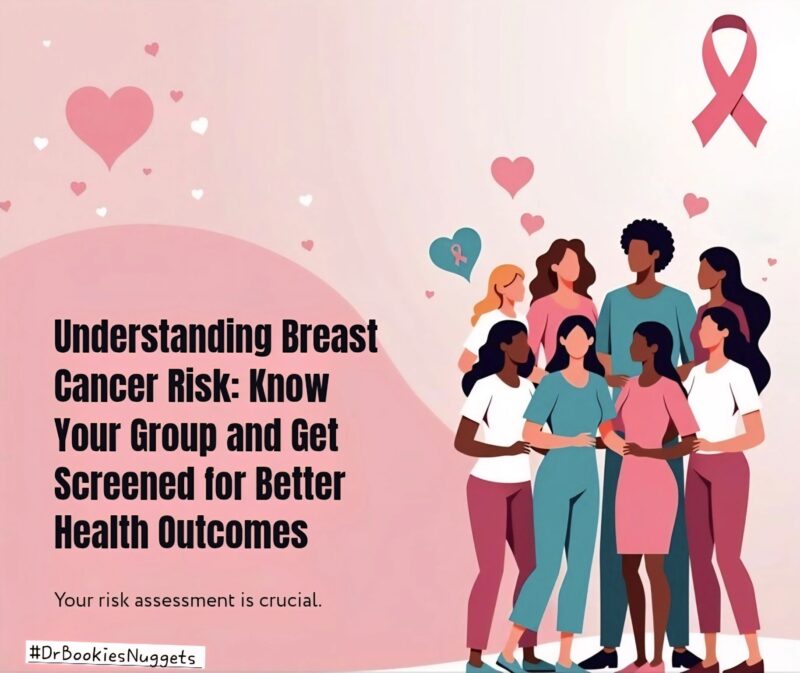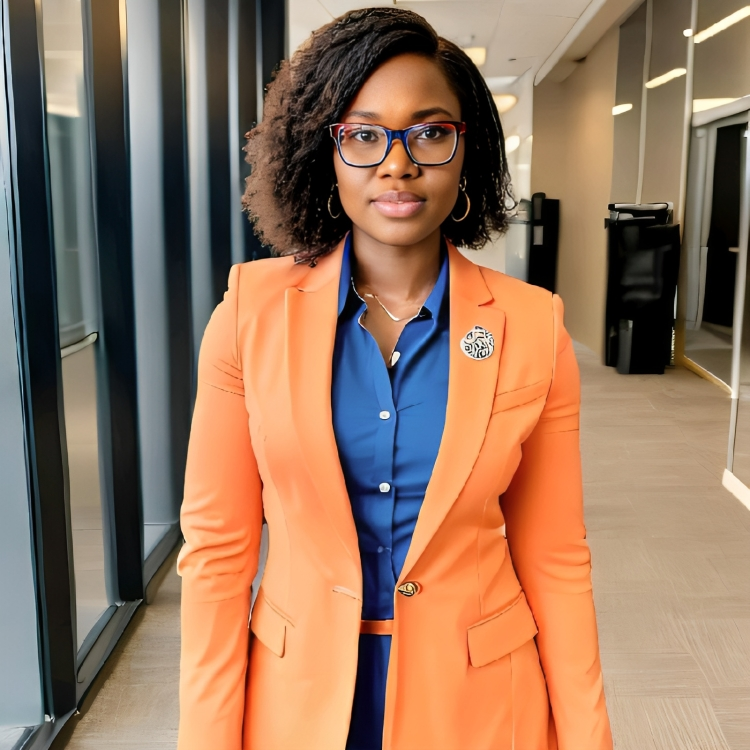Olubukola Ayodele, Breast Cancer Lead at University Hospitals of Leicester NHS Trust, shared on LinkedIn:
“As a woman, a breast oncologist and one with a family history of breast cancer, I knew it was essential for me to learn about my breast cancer risk to empower myself and be proactive about my health.
Not everyone has the same risk of developing breast cancer, so the right screening plan starts with knowing your own risk group:
* High risk: more than a 20% lifetime chance of developing breast cancer.
* Intermediate risk: 15% to 20%.
* Average or low risk: less than 15%.
One of the most common tools used to estimate breast cancer risk is the BCRiskTool from the US National Cancer Institute. There are also other models that take into account factors like family history, genetic mutations (such as BRCA1/2), age, breast density, menstrual and reproductive history, lifestyle, and prior breast biopsies like iPREVENT from Australia.
Why does this matter?
Because different risk groups may benefit from different screening tools:
* Mammography
* MRI
* Ultrasound
* Digital breast tomosynthesis (3D mammography)
* Or a combination, at different intervals
High-risk individuals may need to start screening earlier, have scans more often, or use MRI as well as mammograms.
Average-risk individuals may only need standard mammography from a certain age. This personalised approach improves early detection and reduces unnecessary procedures.
Here in the UK, we do not yet have a standardised, accessible national risk assessment tool for the public, unlike some other countries.
Our NHS Breast Screening Programme is largely unchanged for decades, offering mammograms every 3 years to women aged 50–70, regardless of individual risk. This “blanket” model means some people are screened too late, while others are over-screened. Breast cancer care has evolved but our screening programme hasn’t.
We need policy reform that moves us towards risk-based, personalised screening. But this change won’t happen unless the public, the very people who would benefit speak up and demand it.
You have the power to start that conversation.
Wherever you live, ask your healthcare provider about your personal risk. Use available online tools where appropriate. Talk to friends and family to educate them about finding out their own risks.
Early detection saves lives, but the right detection method, at the right time, for the right person, saves EVEN MORE.
Your breast cancer screening should be as unique as you are.
Share and repost with your loved ones, so that they can learn how to calculate their breast cancer risk and be empowered.”

More posts featuring Olubukola Ayodele.


